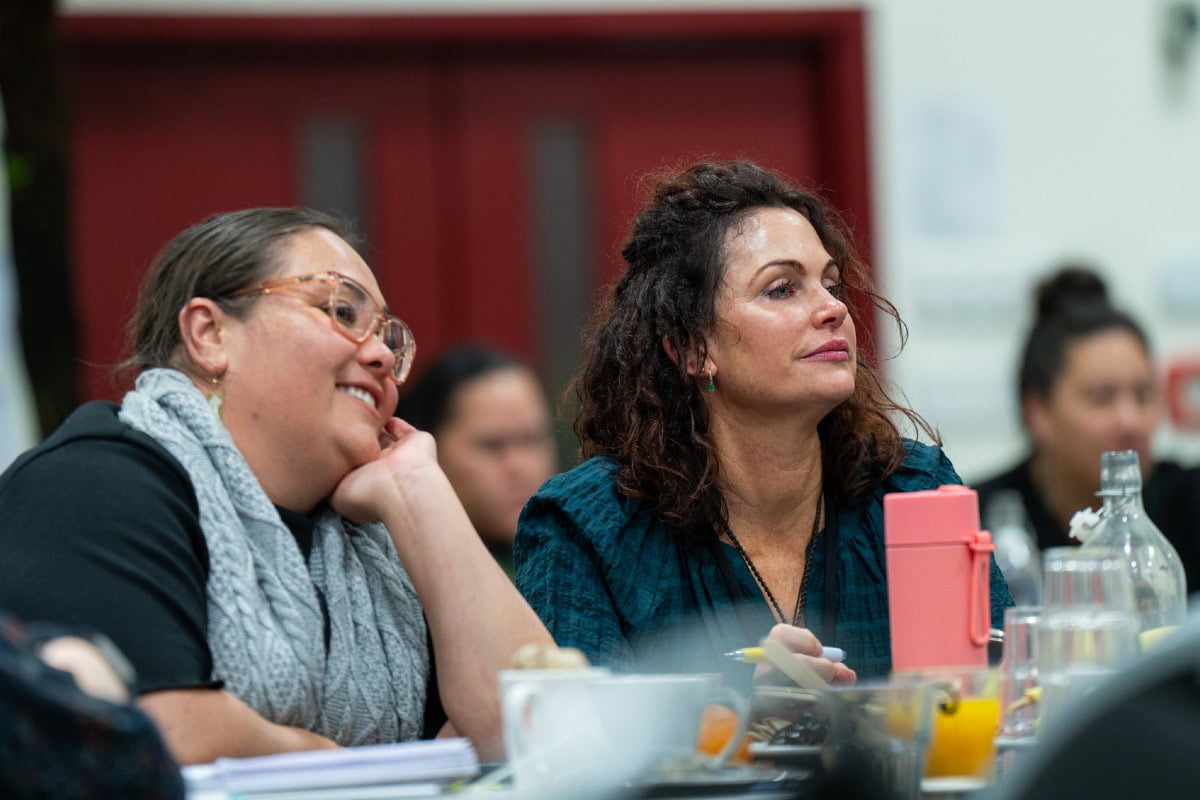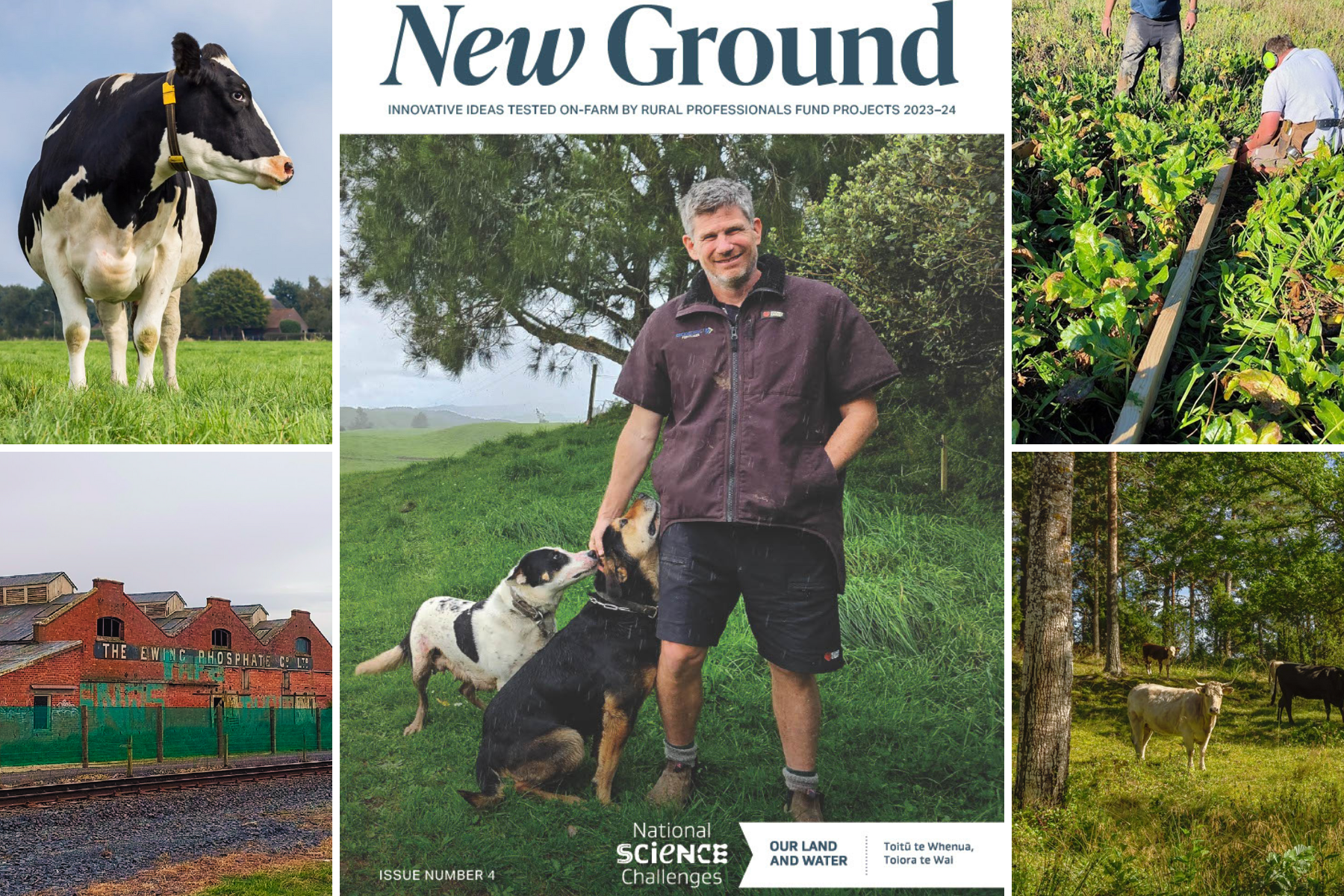EVENT
Science for Policy
When:
30 August + 5 September
Where:
Zoom webinars
Hosted by:
Environmental Defence Society
Tickets:
The Environmental Defence Society recently released the results of an in-depth study into the role that science played in the development of the National Policy Statement for Freshwater Management (NPS-FM) 2020. The project undertook a national and international literature review, scrutinised the documents sitting behind the policy development process, and undertook in-depth interviews with 35 people directly involved in the process.
The report provides a rare ‘behind the scenes’ look into how policy is developed in Aotearoa New Zealand and how science and mātauranga Māori can help support more robust responses. A copy of the report is available here.
To further disseminate the results of the project, and seek feedback on recommendations on how science and mātauranga Māori could be better supported to inform environmental policy development, EDS hosted the following two webinars.
Webinar 1: Science for Policy – System Supports
Tuesday 30 August 1–2pm
Facilitator: Raewyn Peart, Policy Director, Environmental Defence Society
Presenter: Dr Deidre Koolen-Bourke, Senior Policy Researcher, Environmental Defence Society
Topics covered:
- The policy cycle: The complexity of working with reactionary policy-making, revolving around a three-yearly electoral cycle, with tight policy-making timeframes.
- Funding science for policy: The need for more connectivity between funding and science strategies and policy priorities.
- Environmental monitoring and reporting: The triggers, requirements and systems needed to reduce data gaps and improve consistency.
- Capacity and capability building in a small nation: Building science capacity at the central and local government level, improving linkages, breaking down silos, and better incorporating international expertise, including peer review.
- Science communication and the socialisation of policy: The role of science advisors, dealing with misinformation, and providing for more planned, strategic and dedicated science communication.
- Institutional reform: Do we need a more permanent and independent science institution? An independent science advisory agency (similar to the Climate Change Commission)? And/or an ‘Environmental Research Council'?
Webinar 2: Science for Policy – The Regulatory Process
Monday 5 September 1–2pm
Facilitator: Raewyn Peart, Policy Director, Environmental Defence Society
Presenter: Dr Deidre Koolen-Bourke, Senior Policy Researcher, Environmental Defence Society
Topics covered:
- The regulatory direction: Considering the balance struck between competing considerations. Changes that would strengthen a science-informed approach, give greater effect to the principles of te Tiriti, and improve responsiveness to environmental imperatives (such as climate change).
- Regulatory Impact Assessment and cost-benefit analysis: Dealing with uncertainty and risk, and their cost implications. Valuing environmental costs and benefits, and assessing the ‘public good’.
- Agency roles and conflicting policy priorities: Policy is often developed by multiple agencies, applying different policy lenses. How does this affect the science inputs and how can we negotiate and integrate the tensions that exist between agencies, such as MfE and MPI?
- Uncertainty and contested science: How do we reconcile conflicting science, test different sources, quality and bias of data, and build clear checks to ensure we use the best data and science?
- The role of science in the process: What can we learn from the NPS-FM 2020 approach? What are the must-haves for a robust science-informed process?
More information:
- Science in Freshwater Policy Development project page
- Report: Science for Policy: The Role of Science in the National Policy Statement for Freshwater Management by Dr Deidre Koolen-Bourke and Raewyn Peart
- National Policy Statement for Freshwater 2020
 View Our Strategy Document 2019 – 2024
View Our Strategy Document 2019 – 2024


